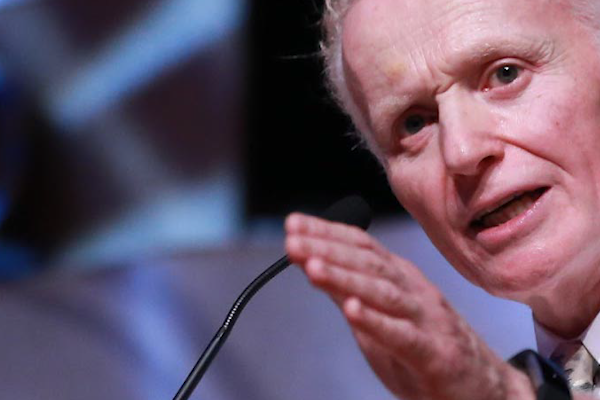What a tangled web we weave when first was practise to…subsidise political parties (with apologies to Sir Walter Scott).
A number of commentators have worked themselves into a state of high dudgeon recently (most notably the editorial board of the National Post) over the perversity of the federal system for subsidising the operations of the federal political parties. The truest bead is drawn on the irony of the separatist Bloc Québécois’ (BQ) almost total dependence on the federal purse to finance its activities. But the greatest perversity of the system of federal taxpayers subsidising the Bloc’s seditious activities is missed by the Post’s editorialists.
Before we get to that, however, let’s note that according to the Post’s analysis,
The Tories rely on public per-vote payments for about 40% of their annual party operating funds. For the NDP, the figure is slightly less than 60%. For the Liberals, it’s around 70%. But for the separatist Bloc Quebecois, the figure is between 85% and 90%.
However you slice it, the federal taxpayer in every part of the country is being forced to support a political party whose elected representatives are: (a) committed to the destruction of Canada and, (b) while waiting for (a) are committed to the goal of using their political weight in the Commons to extract maximum benefits for Quebec out of Ottawa with no consideration for the well-being of the country as a whole.
But that’s only a side show in the real scandal of how Ottawa subsidises the forces attempting to break up the country.
Consider that however offensive the Bloc’s presence may be in its own right, it can only ever be a bit player in the drama pitting Quebec’s separatist nationalists against Canada. If Quebec is ever to leave Canada, it will be political parties in the National Assembly in Quebec City that will lead the charge, with the Parti Québécois (PQ) most likely at the head of the parade.
But the BQ and the PQ rely on the same voters. And unlike the BQ, the PQ raises the bulk of its funding from individuals in Quebec. Have a look at page 18 of the 2009 report of Quebec’s directeur général des élections. While the picture is a little blurry because contributions are eligible for tax credits that are not accounted for, in cash terms the PQ raised $5,429,768 in 2009. It got $509,976 in subsidies from the province (roughly 9% of the total). The rest had to be raised from party supporters and sympathisers.
But if the BQ were not so heavily subsidised by the federal taxpayer, it would have to go to the same people the PQ raised its funding from. We can assume, I think, that the PQ is already raising the bulk of the funding available from Quebeckers to support the indépendentiste cause, and that the BQ entering the fundraising world in a big way in Quebec could only come at the expense of the PQ’s own fundraising efforts. Or, the more likely alternative, if Quebeckers actually had to pay themselves the cost of keeping a separatist party in Ottawa they might find that it was an indulgence they could not afford.
So the real scandal is not where the BQ gets its money, but where it doesn’t: separatist nationalist voters in Quebec. And the result is that federal taxpayers are not merely subsidising the BQ, but are also subsidising the PQ, whose fundraising base is protected from raids by the BQ, and who gets a megaphone in Ottawa thanks to the federal taxpayer.
As any economist will tell you, if you want more of something, subsidise it. In this case, we get more separatist politics (and politicians) than Quebeckers would be willing to pay for if they had to pony up out of their own pockets. And that’s not even mentioning the extent to which this encourages minority parliaments by taking 50 seats out of play for the national parties with a hope of forming a federal government.
Madness.



